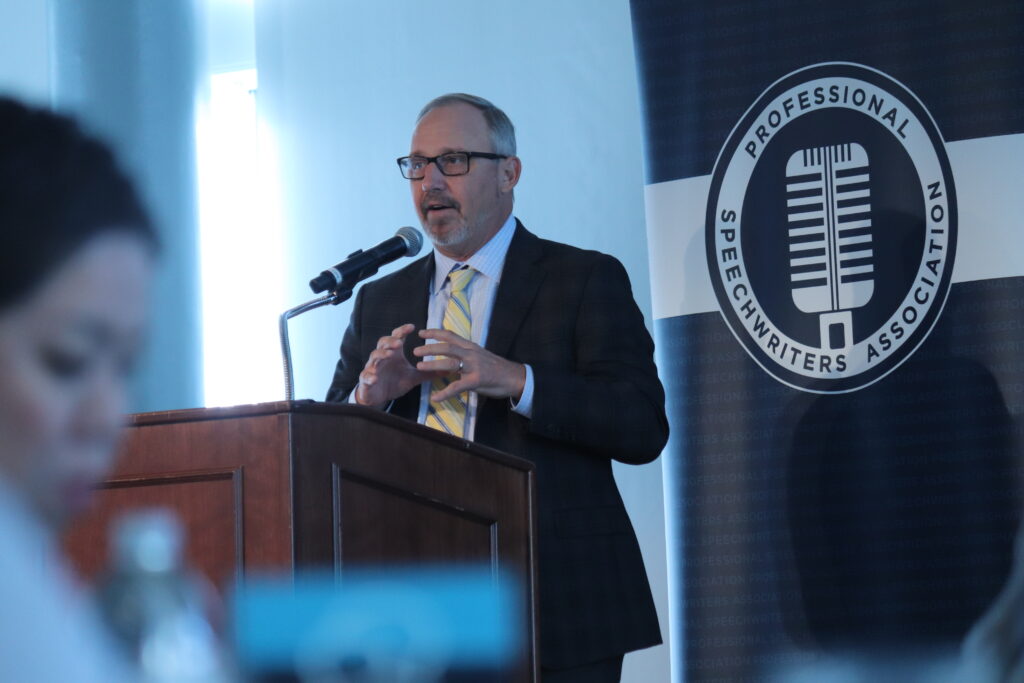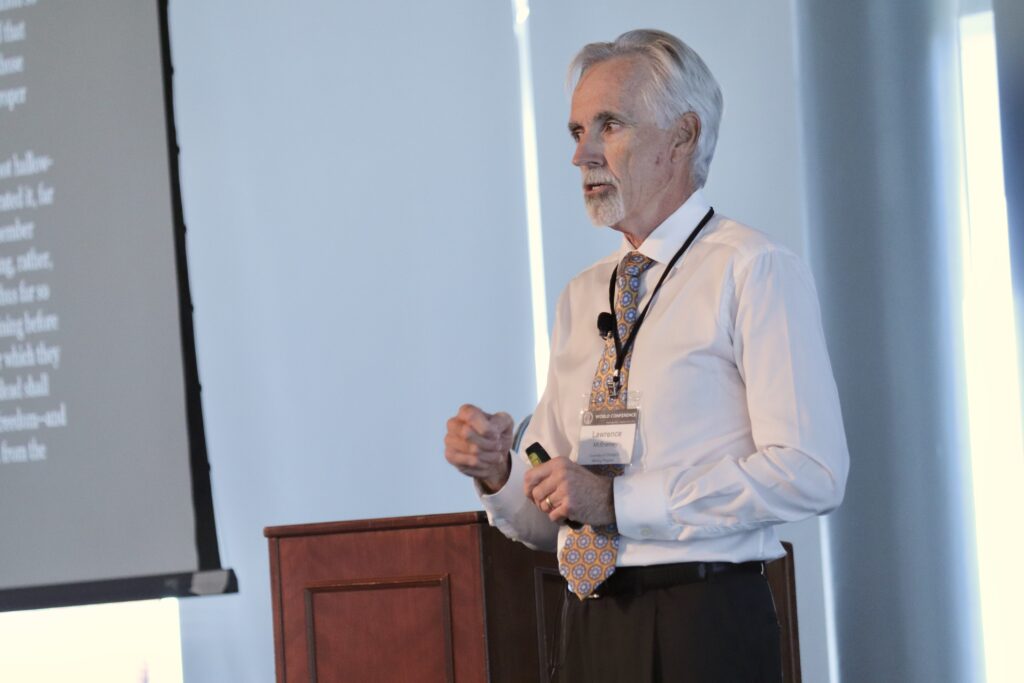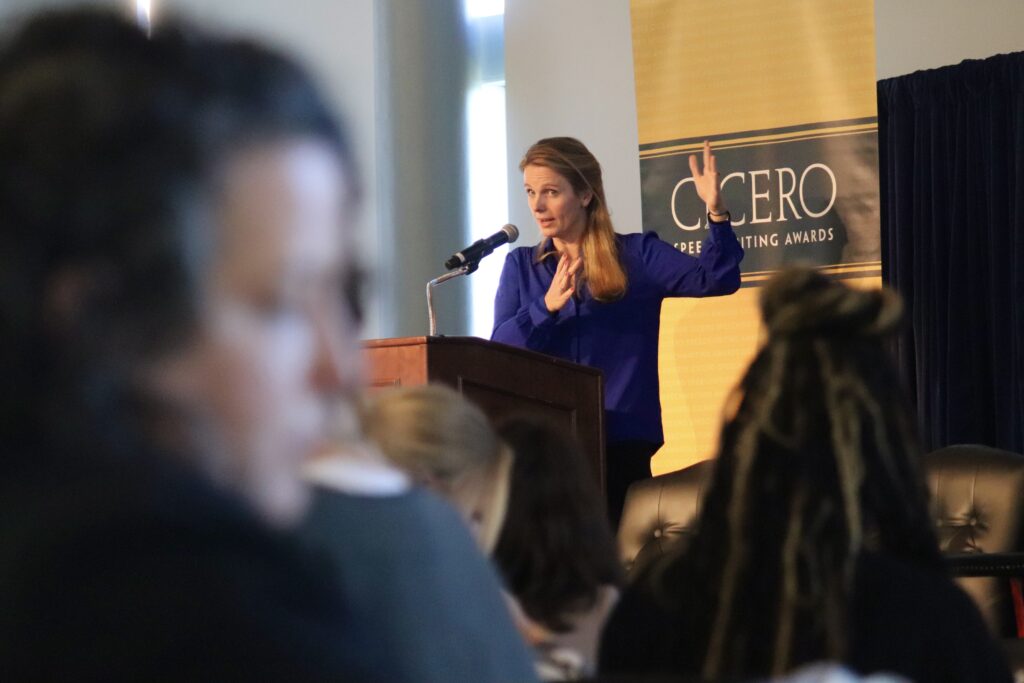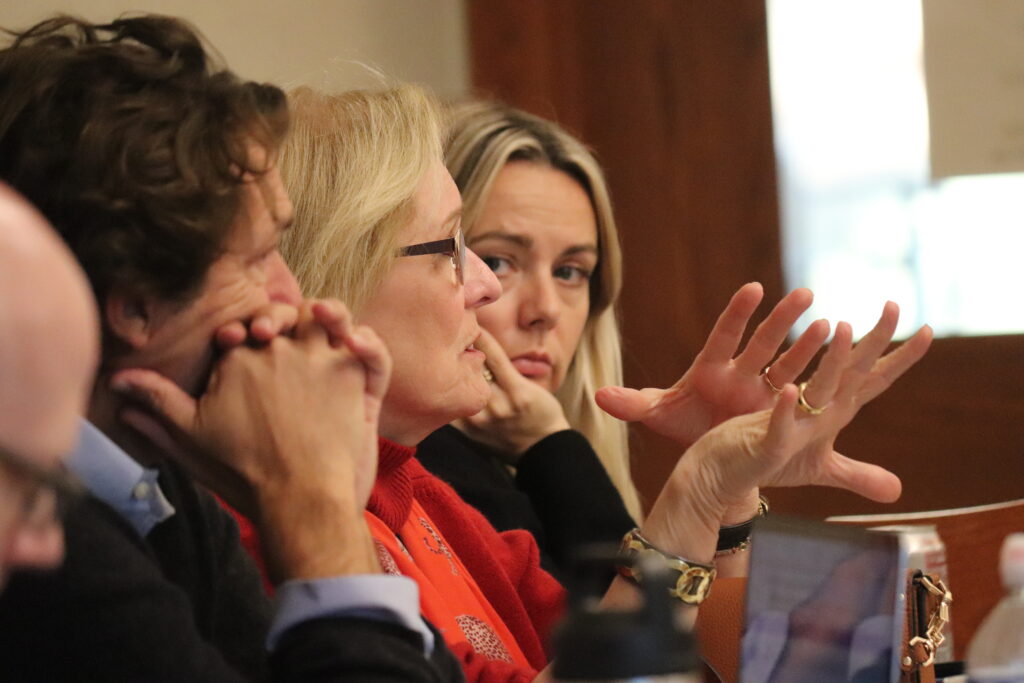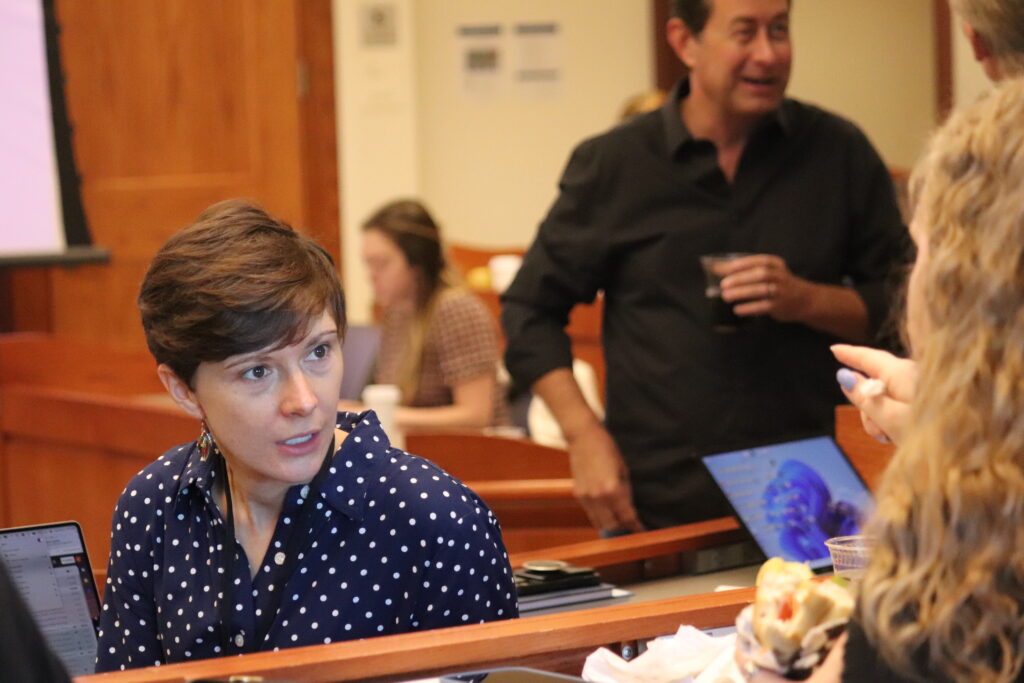The Gettysburg Address was not a ceremonial speech, inevitably bound for a marble wall.
It was a strategy speech, designed to “convince a very skeptical public in the north that they should keep dying” despite their doubts about a cause “that they didn’t particularly believe in,” says legendary University of Chicago writing professor Larry McEnerney.
In this locknote lecture at the World Conference of the Professional Speechwriters last week, McEnerney walks you through the “great and terrible” rhetorical genius of Abraham Lincoln—and awakens contemporary writers to the equally divine and dangerous powers they can bring to bear on the rhetorical problems they face today.
Pour yourself a large cup of coffee.
Print out a copy of the Gettysburg Address to fit on one page. (For real.)
Sharpen your pencil.
And get ready to learn.
You will emerge as a smarter writer and a more thoughtful, ethical professional rhetorician.
I promise.
